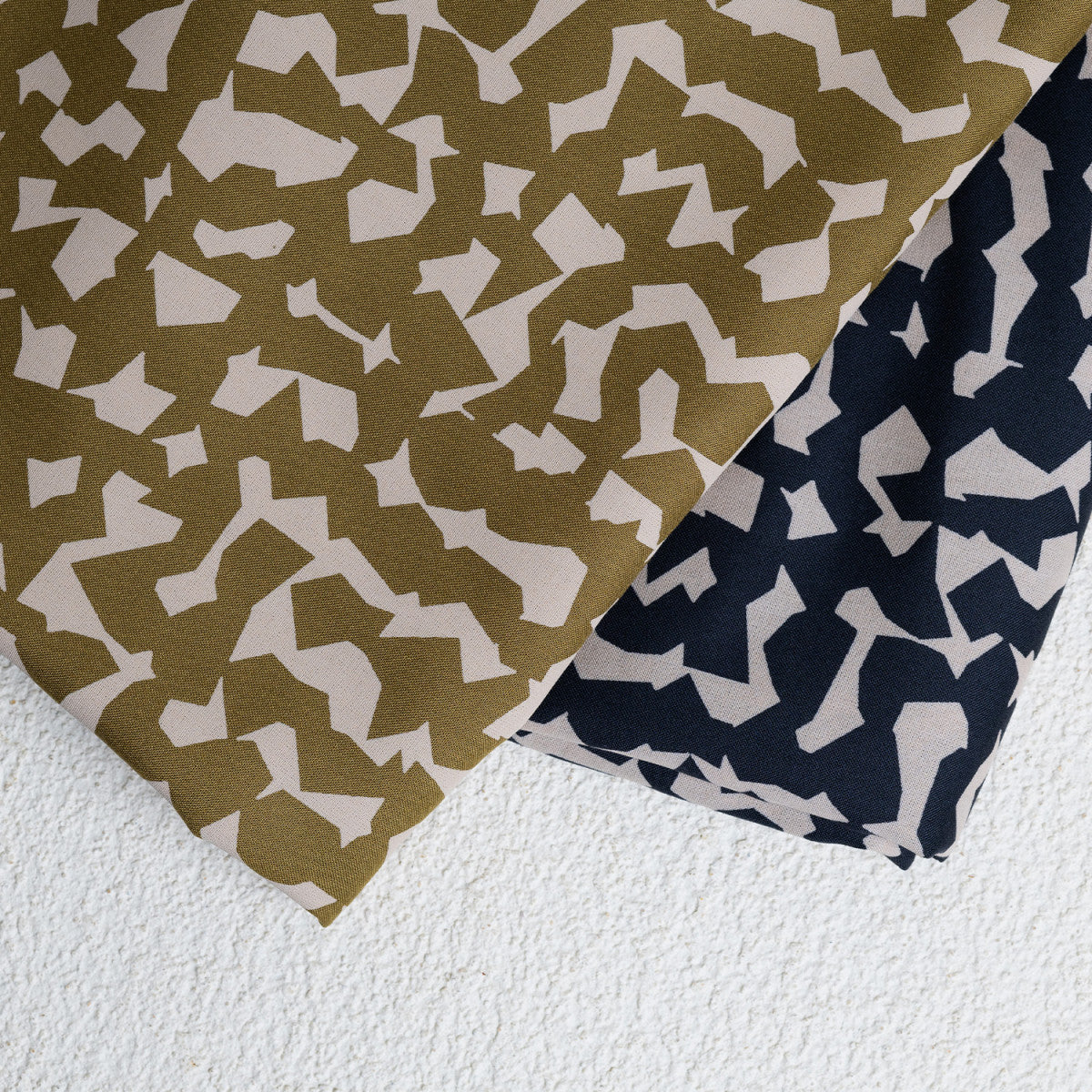
Fabric certifications explained
Good Earth Cotton®,
Good Earth Cotton® is grown in Moree NSW and uses modern regenerative farming techniques to ensure that each step from grower to garment contributes to a healthier Earth.
These techniques use resources efficiently and promote biodiversity. Efficient water management and carbon-positive practices mean that this cotton sequesters more carbon than is emitted during the cotton plant's life cycle.
It is also independently verified and authenticated using FibreTrace® technology. This advanced system offers secure traceability by embedding a patented luminescent pigment into the raw cotton, allowing it to be tracked and verified across the entire supply chain in real-time.
By choosing Good Earth Cotton®, customers support a carbon-friendly future, embracing textiles that are not only environmentally responsible but also aim to preserve our Earth for future generations.
More details are available on the Good Earth Cotton® website.
OEKO-TEX®
OEKO-TEX® is a worldwide, independent testing and certification system for raw, semi-finished, and finished textile products at all processing levels. It focuses on ensuring that textiles are free from harmful substances. Products with the OEKO-TEX® label are tested for a wide range of substances that could be harmful to human health, including regulated and non-regulated substances that could be harmful if they are present in textiles.
The certification process involves rigorous laboratory tests and product checks conducted by independent OEKO-TEX® partner institutes. They assess substances that are prohibited or regulated by law, chemicals known to be harmful to health, and parameters for health protection.
REACH, which stands for Registration, Evaluation, Authorisation, and Restriction of Chemicals, is a European Union regulation aimed at improving the protection of human health and the environment from the risks posed by chemicals. Although it's an EU regulation, its impact is global, as it applies to all companies that do business in the EU.
In terms of sustainability, REACH plays a crucial role by:
- Promoting Safer Chemicals: It encourages the replacement of hazardous substances with safer ones, thereby fostering a more sustainable chemical industry.
- Environmental Protection: By controlling the use of certain harmful chemicals, REACH helps in reducing environmental pollution.
- Health Safety: Ensuring products are free from harmful chemicals contributes to the health and well-being of consumers.
- Transparency and Communication: It necessitates better information sharing about chemical risks in the supply chain, fostering a culture of responsibility and awareness among businesses and consumers.
The Global Recycled Standard (GRS) is a voluntary product standard for tracking and verifying the content of recycled materials in a final product. It also addresses environmental and social practices in production. The GRS is particularly significant for businesses that are committed to sustainability and ethical practices. Here's how it aligns with our core values and mission:
- Recycled Content: The GRS ensures that the products contain recycled material, which can be pre-consumer (post-industrial) or post-consumer waste. This directly contributes to reducing the strain on natural resources and promoting recycling industries.
- Environmental Practices: The standard also looks at the environmental practices involved in production, including strict waste water treatment and chemical use. This aligns with our commitment to quality and sustainability.
- Social Criteria: GRS includes social criteria based on key norms of the International Labour Organisation, ensuring that the production process respects workers' rights.
- Chemical Restrictions: Like OEKO-TEX® and REACH, the GRS also restricts the use of hazardous chemicals, which is crucial for customer safety and environmental protection.
